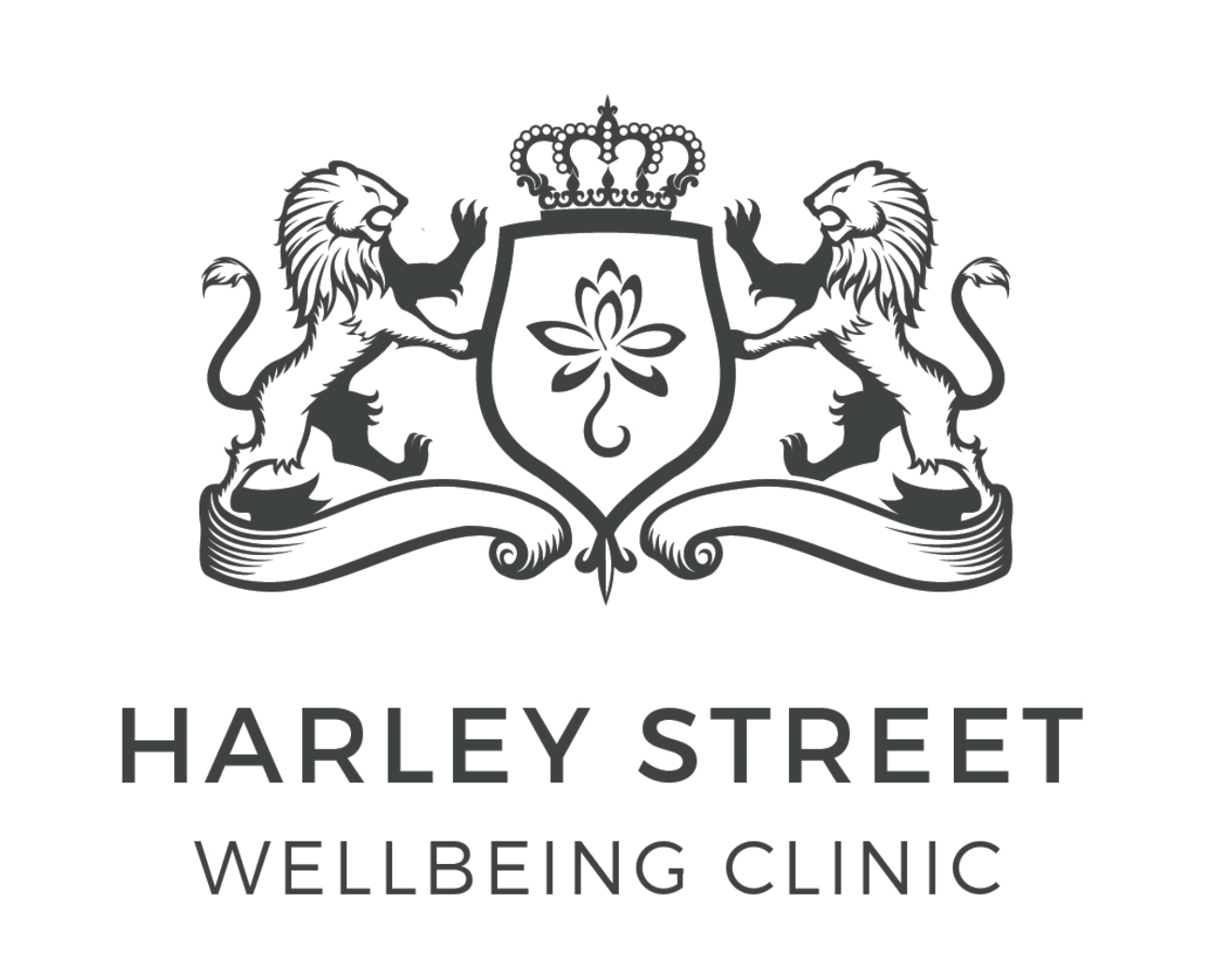“Be the one who nurtures and builds. Be the one who has an understanding and forgiving heart. One who looks for the best in other people. Leave people better than you found them” — Marcus Aurelius
Media interviews featuring Professor Margareta James provide valuable insights into various health and wellness topics, showcasing her expertise and dedication to improving well-being. These interviews and articles, published across reputable platforms, serve as a source of inspiration for those seeking guidance on their wellbeing journeys.
Notable mentions include extensive coverage in the BBC and The Financial Times, which highlight her contributions to the field. Metro.co.uk and the New York Post also feature Professor James, shedding light on contemporary health challenges. Further, Healthista and My Weekly offer readers practical advice through their discussions with her. Publications such as the Daily Express, Women’s Health, Men’s Health and The Irish News emphasise her broad reach and influence in promoting well-being. The Stylist, Women’s Own, and various online platforms like SCRIBD.COM, Talk, and Sustain Health add to her visibility, ensuring diverse audiences are informed about essential health topics.
Professor James's interviews also resonate in lifestyle magazines such as Fabulous Magazine, Mens Health, Women’s Health, Positive.News, HotCelebon, and Muddy Stilettos. Further articles in The Complete Wellbeing Manual, along with features in News24, BreakingNews.ie, and The Guide Liverpool, strengthen her role as a thought leader in health and well-being industry.
With such a diverse array of sources showcasing her insights, individuals interested in enhancing their well-being are encouraged to reach out to Harley Street Wellbeing Clinic. The wealth of information available not only informs, but also motivates individuals to take proactive steps towards bettering their overall wellbeing and improving the quality of their lives.
















